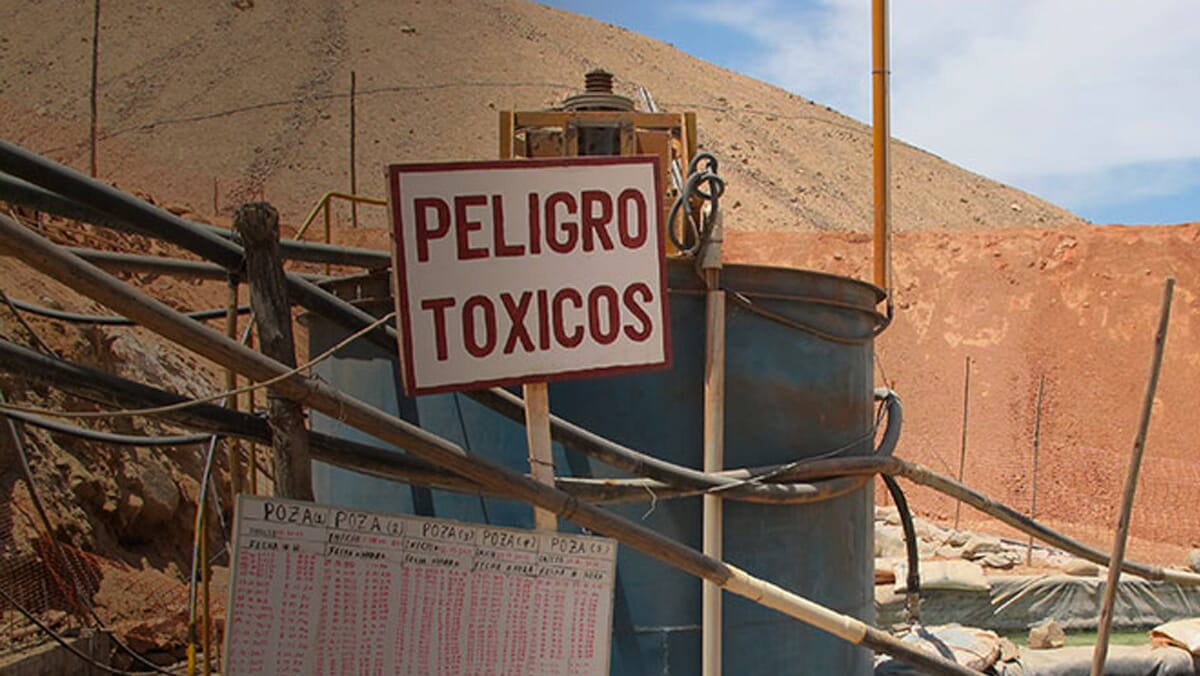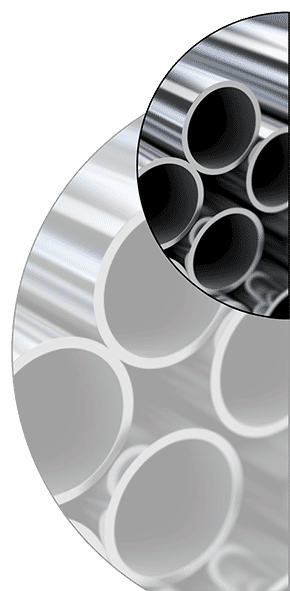
Mapping the ESG issues associated with the production of steel
TDi was commissioned by Worldsteel to undertake a study that maps the environmental, social, and governance (ESG) issues surrounding the production of steel. The objective was to provide guidance to Worldsteel and its membership on available courses of action to minimise ESG risks downstream and negative impacts upstream (and globally) and to aid the fulfilment of stakeholder expectations for responsible sourcing.

REPORT OVERVIEW:
- ESG Issues: The analysis in the report provided a general overview of the ESG issues that face the steel industry today.
- Applicability: The insight is applicable for all Worldsteel members at any stage in their responsible sourcing journey and promotes dialogue on collective routes forward for the membership overall.
- Voluntary Standards: TDi mapped the voluntary standards landscape surrounding the steel industry and identified interlinkages with the OECD’s Due Diligence Guidance on Responsible Supply Chains of Minerals.
Materials Matrix
Key Analysis Tool:
The cornerstone of the analysis performed for the project was the “Materials Matrix.”
Criteria:
Applies 17 analytical criteria to the material inputs of the steel supply chain, to produce gradings of public association with each ESG issue for each material.
Country Comparison Matrix:
Designed to be used in conjunction with the Materials Matrix to provide an additional dimension of insight into sourcing choices.
Approach and deliverables
To begin our analysis, we applied 17 criteria to the material inputs of the steel supply chain. From this we produced gradings of public association with each environmental, social and governance issue for each material.
This body of research resulted in the Materials Matrix report which is designed to be used in conjunction with country of origin data to offer meaningful analyses and to indicate where further supply chain due diligence assessment is required.
In addition, we mapped the voluntary standards landscape and civil society initiatives associated with the steel industry, identifying themes and aspirations that are shared with the OECD Due Diligence Guidance for Responsible Supply Chains of Minerals from Conflict-Affected and High-Risk Areas, a key resource for this sector.
Client benefits and broader industry impact
The Materials Matrix report provides a general analysis of the sustainability issues that face the steel industry today, presented in a format that facilitates preliminary judgements on the relative importance of each issue for each material.
This insight is applicable for all Worldsteel member businesses wherever they are in their responsible sourcing journey, and can also promote useful dialogue on collective routes forward for member businesses.
Project partners and methodology
In researching and producing the Materials Matrix report, we took on several roles. As project manager, we facilitated discussions between the member businesses of Worldsteel and its responsible sourcing task force, a role which frequently required us to bring together parties with different interests and conflicting mandates.
We also planned and conducted three meetings of the Worldsteel stakeholders to discuss the strategy for the organisation. From these meetings, we devised a strategic plan, and then delivered a work plan for its implementation.
To create the profiles of the steel supply chain materials for the Materials Matrix report, our researchers and analysts built – and continue to maintain – a repository of nearly a thousand references. We have also developed a second database to house information on steel supply chain alloys. In mapping the steel industry’s voluntary assurance standards and initiatives, we worked with over 30 different civil society, industry and standard setting associations and organisations.
TDI Sustainability was responsible for the writing, editing, full production and branding of the Materials Matrix report.